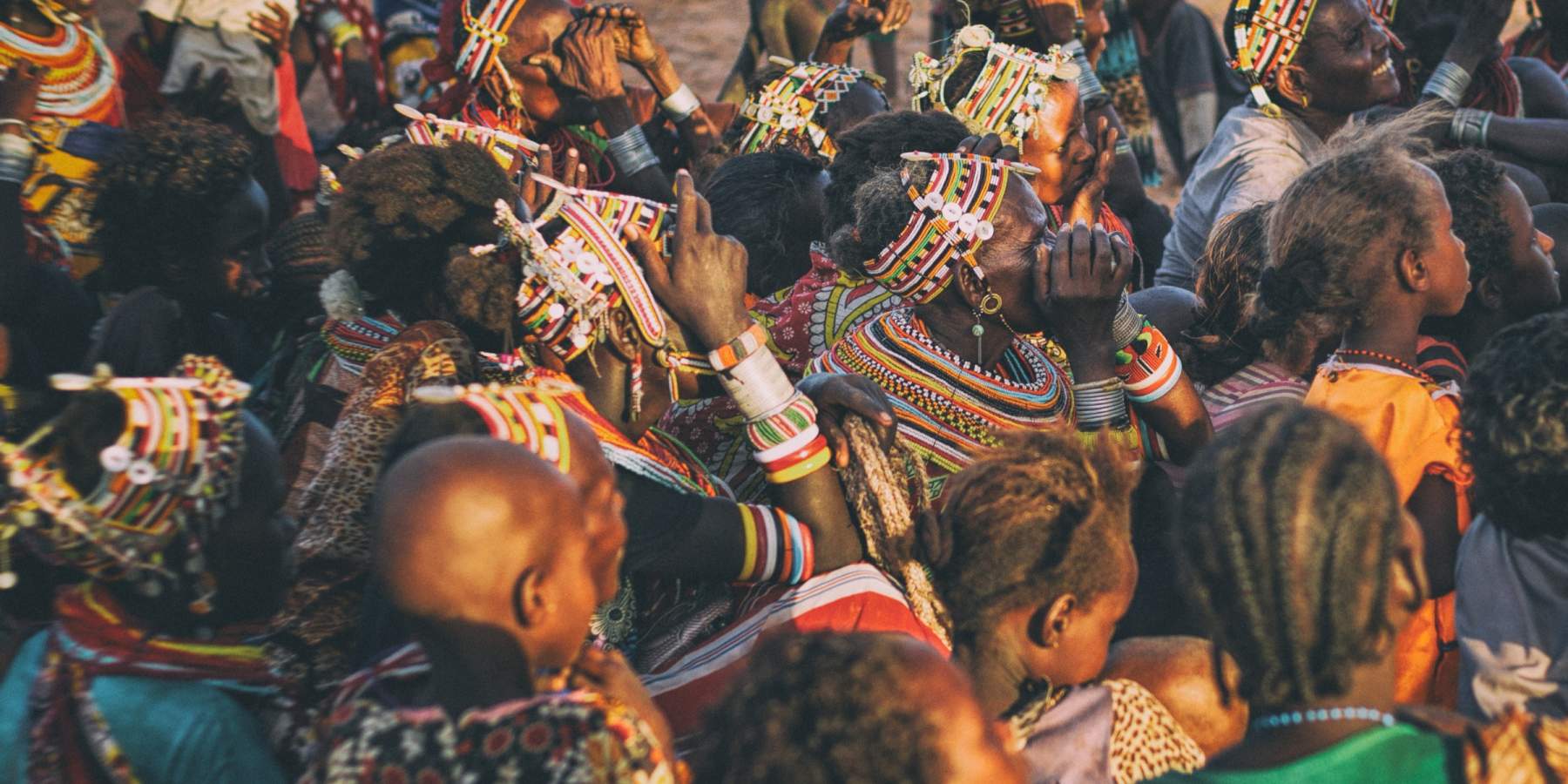Victims lose out as Burundi leaves ICC
On 27 October 2017, Burundi became the first country to withdraw from the Rome Statute (RS) of the International Criminal Court (ICC). The withdrawal from the ICC raises questions for the ICC’s preliminary examination (PE) of the situation in the country since April 2015.
The ICC Office of the Prosecutor’s (OTP) PE in Burundi—considered to be at the subject-matter determination phase (Phase 2) at the time of the OTP’s last PE report (14 November 2016)—has been looking into alleged RS crimes including killings, arbitrary detentions, enforced disappearances, torture, and sexual violence committed in the country since April 2015.
“The decision to withdraw Burundi from the Rome Statute comes at a time when the machine continues to kill with impunity in Burundi,” said Lambert Nigarura, the president of the Burundi Coalition for the ICC. "Burundian justice, as it is so-called, has lost contact with life. It has become a mere tool of repression of any dissenting voice the powerful and the party in power CNDD FDD."
100 Days Campaign for International Justice in Burundi (Fre)
READ THE BURUNDI COALITION FOR THE ICC STATEMENT
DOWNLOAD THE FACTSHEET ON BURUNDI AND THE ICC
- Burundi country webpage, Coalition for the ICC
- Burundi and the ICC, Coalition for the ICC
- Burundi: The legal consequences of the opening of the investigation after 27 October 2017, Burundi Coalition for the ICC
- Final declaration on the 100 Days Campaign for International Justice (Fre), Burundi Coalition for the ICC
- Website of the Burundi Coalition for the ICC
- Twitter account, Burundi Coalition for the ICC
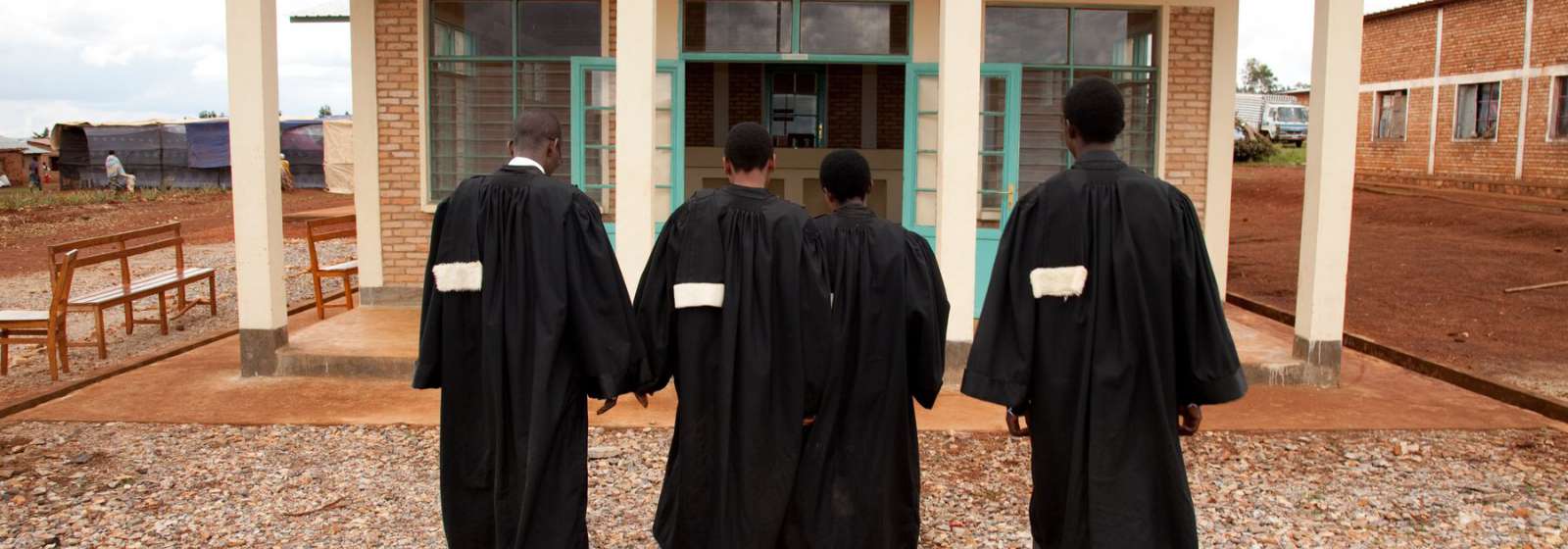
Burundi, 13 years of ICC membership
The government of Burundi signed the RS on 13 January 1999, and ratified the treaty on 21 September 2004, becoming the 95th state party to the RS. The ICC has been able to exercise jurisdiction over RS crimes committed within the territory of Burundi or by its nationals since 1 December 2004 when the RS entered into force for the country.
During Burundi’s almost 13 years as a state party to the RS, the government has enacted legislation (in 2009) fully incorporating the RS definitions of war crimes, crimes against humanity, and genocide into its penal code. However, the government has not yet implemented crucial RS provisions regarding cooperation with the ICC.
“Withdrawing from any international treaty is a derogation of a country’s commitment to the rule of law, and we are saddened that victims of grave crimes in Burundi will lose recourse to justice and redress through the ICC system,” said William R. Pace, convenor of the Coalition for the ICC. “However, we take hope from the fact that South Africa and Gambia have decided to stay with the ICC, and that many African states rejected calls for a mass withdrawal at the last African Union summit.”
A country in turmoil
From 1993 to 2005, Burundi experienced ethnic clashes between Hutu and Tutsi groups. In 2005, the main rebel group, the National Council for the Defense of Democracy-Forces for the Defense of Democracy (CNDD-FDD), with Hutu support and under the leadership of politician Pierre Nkurunziza, entered government. Following legislative and senate elections administered by the CNDD-FDD that same year, Nkurunziza was elected president.
When Nkurunziza was reelected in 2010, opposition groups denounced the outcome as a fraud, alleging intimidation of voters by soldiers and police. The election effectively became a public referendum on incumbent Nkurunziza following the withdrawal of all opposition candidates, who in boycotting the 2010 presidential election claimed earlier local elections had been rigged by the ruling CNDD party.
In late April 2015, President Nkurunziza announced—with approval from Burundi’s constitutional court—that he would seek reelection for a third term, a move at odds with the country’s two-term presidency limit agreed in the Arusha Accords. The announcement was met with daily protests spanning months, which turned violent—and deadly—as authorities allegedly responded with unlawful force and repression.
Presidential elections subsequently took place on 21 July 2015, despite ongoing demonstrations and violence, with Nkurunziza declared the victor by Burundi’s electoral commission. Violence and other grave human rights abuses reportedly continued in the aftermath of the elections outcome.
According to statistics from the Office of the UN High Commissioner for Refugees and the International Organization of Migration, by June 2017 more than 418,000 people had been forced to flee Burundi since 1 April 2015, with a projected 534,000 Burundian refugees by the end of 2017. Meanwhile, a further 209,202 persons were internally displaced in Burundi as of May 2017, including 69,734 individuals linked to the current crisis.
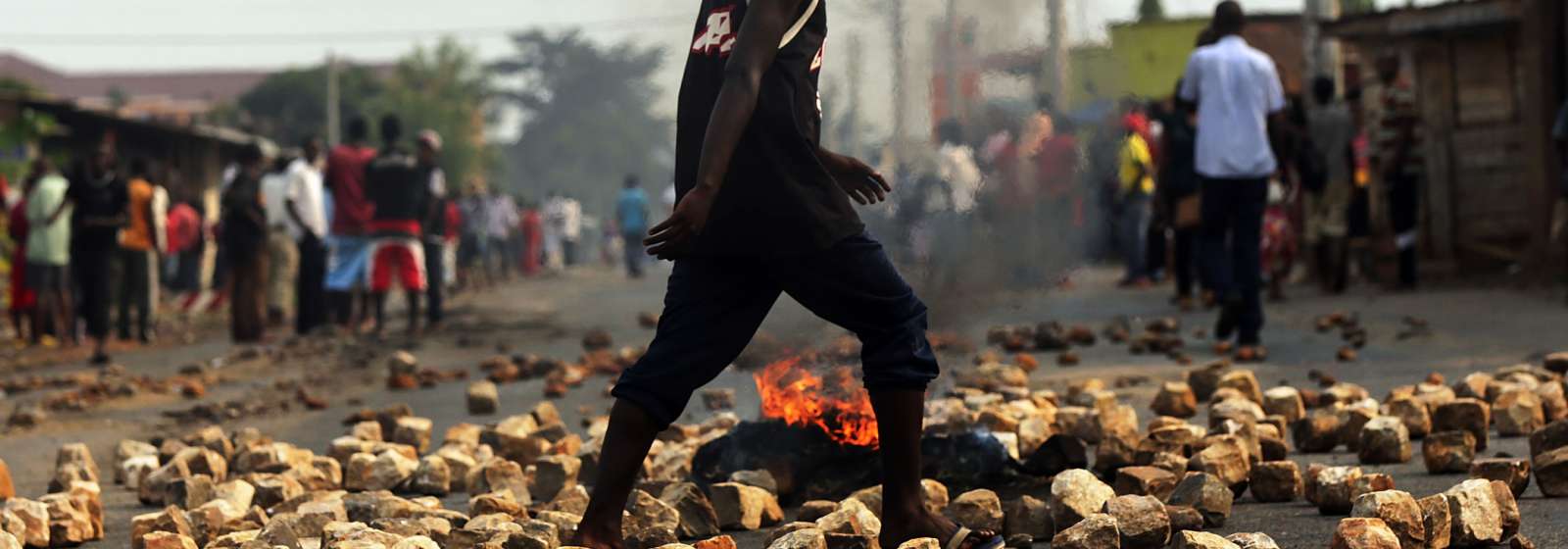
ICC Prosecutor initiates preliminary examination
In November 2015, in a statement made regarding the worsening security situation in Burundi, Prosecutor Bensouda recalled that “any person in Burundi who incites or engages in acts of mass violence including by ordering, requesting, encouraging or contributing in any other manner to the commission of crimes falling within the jurisdiction of the [ICC] is liable to prosecution before this Court,” underlining, among others, the notion of individual accountability for state and non-state actors.
On 25 April 2016, after reviewing RS article 15 communications and reports alleging killings, imprisonment, torture, enforced disappearances, and rape and other forms of sexual violence in Burundi, the OTP announced its PE into the situation in Burundi since April 2015.
At the time of the PE announcement, more than 430 persons had reportedly been killed, at least 3,400 people arrested, and over 230,000 Burundians forced to seek refuge in neighboring countries.
The 2016 OTP PE report categorizes the alleged crimes, and specifically killings, under its scrutiny into three periods: a first period encompassing crimes prior to the 21 July 2015 elections; a second period covering the ensuing months until events in Bujumbura on 11 to 12 December 2015; and a third period comprising largely covert and ongoing crimes.
While the PE report notes findings by independent UN experts that the vast majority of violence can be attributed to state actors, it also acknowledges some allegations of violence committed by reported armed members of the political opposition. However, a precise estimate of the number of victims of alleged non-state crimes was not available at the time of the last OTP PE report (14 November 2016).
UN Independent Investigation in Burundi
In September 2016, the UN Independent Investigation in Burundi (UNIIB) published its final report on what it called a situation of “widespread and systemic patterns of violations” in the country. The UNIIB, established by the UN Human Rights Council in December 2015 and led by three independent experts, was tasked with “an investigation into violations and abuses of human rights with a view to preventing further deterioration of the human rights situation.”
The UNIIB report concluded that the patterns of violations that took place were “deliberate” and “the result of conscious decisions.” Specifically, the report highlighted executions on a large scale, allegedly carried out by security forces, with the majority of victims opposed to Nkurunziza’s third term; enforced disappearances, also attributed by witnesses to senior government officials; systematic repression of civil society, human rights defenders, and journalists; a pattern of targeted sexual and gender-based violence against fleeing women and girls linked to male dissenters; and the alleged widespread use of torture and ill-treatment, among other violations.
Unconvinced by the accountability mechanisms available within Burundi, and wary of “the general trend of ethnically divisive rhetoric by the Government, as well as others,” and the potential threat to peace and security in the wider Great Lakes region, the UNIIB urged the government as well as the African Union, the Human Rights Council, the UN Security Council and other international actors to take robust action.
That same month, the Human Rights Council established the Commission of Inquiry (CoI) on Burundi, with a mandate of one year, to conduct a thorough investigation into human rights violations and abuses taking place in the country since April 2015. From the outset, the government of Burundi refused to cooperate with the CoI, barring the three CoI experts from accessing the country.
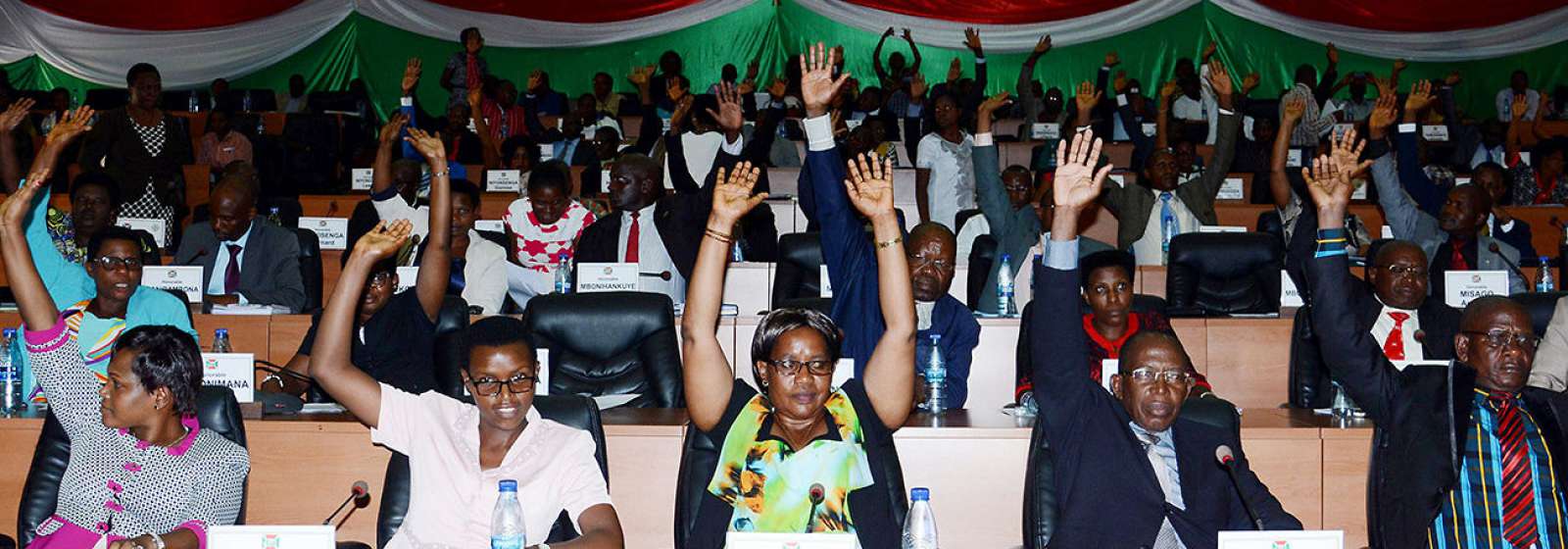
Burundi announces its withdrawal from the ICC
In October 2016, six months after the ICC announced the opening of a preliminary examination, and just a few weeks after the UNIIB’s report, the Burundian parliament voted in favor of the country’s withdrawal from the RS.
As set out in provisions of the RS, the government of Burundi notified the UN Secretary-General of this decision by written note verbale the same month. The withdrawal will come into effect on 27 October 2017 – one year after receipt of the written notice.
"The case of Burundi could set a potentially very dangerous precedent for the Rome Statute system of international justice," said the Burundi Coalition for the ICC. "The Burundian case might suggest to other states that face (or will face) a preliminary consideration that it would be sufficient to withdraw immediately from the Rome Statute so that the initiation of an investigation could be effectively avoided. Indeed, as stated above, the Prosecutor may initiate an investigation before the withdrawal takes effect […]. But the Prosecutor would not need such permission from the Pre-Trial Chamber if other actors in the international community, such as other States parties to the Rome Statute or the UN Security Council, responsibility for the fight against impunity in recalcitrant countries."
Crimes against humanity alleged: Commission of Inquiry findings and future
In its final report, released 4 September 2017, the CoI on Burundi stated “reasonable grounds to believe that crimes against humanity have been committed and continue to be committed in Burundi since April 2015.” The CoI asserted that most of these violations were committed by state agents and specifically called upon the ICC to initiate an investigation into the situation in Burundi as a matter of urgency.
On 29 September 2017, the Human Rights Council adopted a resolution proposed by the European Union extending the CoI’s mandate for an additional year. The Council had the previous day adopted a last-minute resolution, put forward by a group of African countries, to send a team of three experts to work in conjunction with the government of Burundi.
Responding to the African resolution before the vote, the EU noted that procedurally it had not faced formal consultation, was only made available in French, and presented little time for meaningful consideration. Substantively, the text was criticized for retaining aspects of the EU proposal but omitting CoI investigators’ conclusions on the human rights situation in the country, and failing to take into account the government of Burundi’s lack of cooperation with the CoI. The United States echoed several of the EU’s concerns in voting against the resolution.
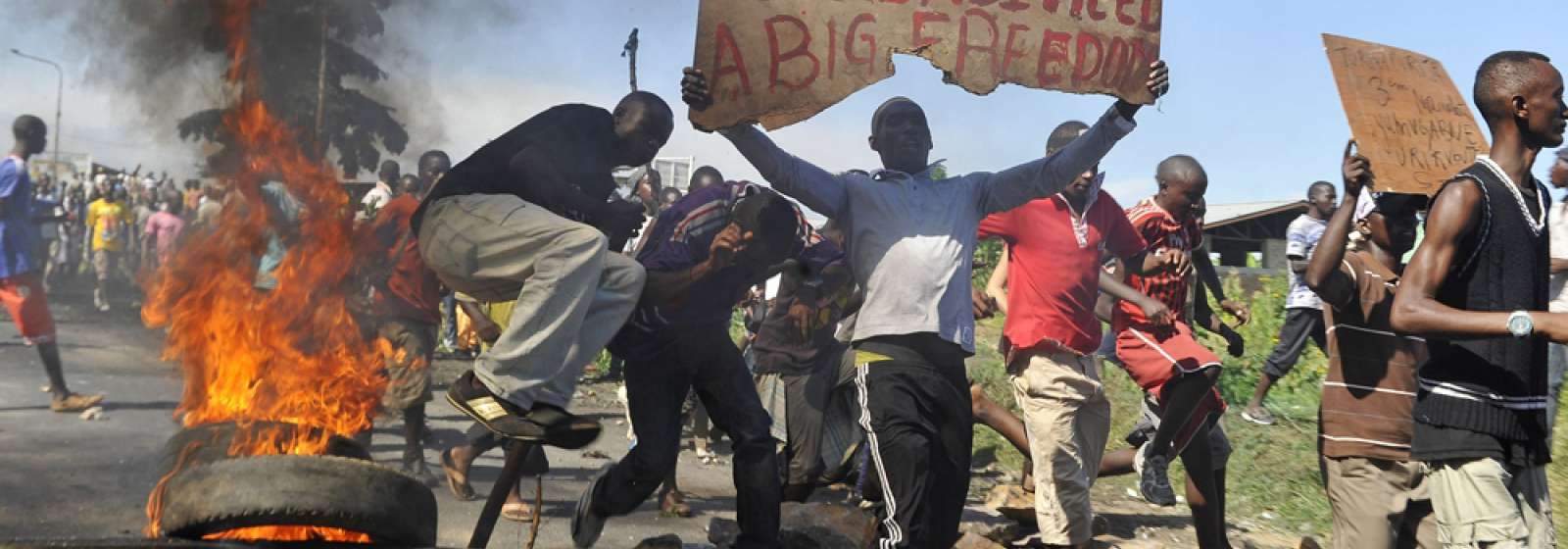
Impact on the preliminary examination
This is the first time an ICC member state has withdrawn from the Rome Statute. There are varying opinions of the impact of the withdrawal on the ICC preliminary examination.
The situation in Burundi was under preliminary examination, not a formal ICC investigation, at the time that the withdrawal took effect on 27 October, meaning that the Prosecutor had not requested or received authorization from the judges to bring prosecutions before the Court.
Uncertainty has risen around the Court’s ability to move the preliminary examination to a full investigation and possible prosecutions due to the unprecedented nature of the withdrawal.
Upon the withdrawal taking effect, ICC Spokeperson Fadi El-Abdallah said, “Article 127 states that withdrawal does not affect the jurisdiction of the ICC over the crimes that have been committed while the state was a state party.”
Amnesty International stated that the Prosecutor would retain grounds to open a formal investigation, while Human Rights Watch called on the Court to apply a progressive approach in the interpretation of its jurisdiction.
Had the ICC prosecutor requested (proprio motu) and the ICC Pre-Trial Chamber approved a formal investigation prior to the withdrawal effect date, the ICC would have jurisdiction to formally investigate (RS articles 13c, 15). Similarly, had a state party to the RS referred the situation in Burundi for investigation prior to 27 October, the ICC would have jurisdiction (RS articles 13a, 14).
Burundi’s withdrawal would not discharge the state from obligations to cooperate with any ICC investigation approved prior to 27 October.
The ICC could in any event obtain jurisdiction to formally investigate the situation in Burundi—by now a non-state party to the RS—by way of a UN Security Council referral (RS article 13b, UN Charter Chapter VII). The OTP currently has investigations underway into situations in non-states parties Libya and Sudan due to the activation of jurisdiction through such UNSC referrals.
There is a strong legal basis for any UNSC referral to also include an obligation for Burundi—as well as other UN member states—to cooperate with the investigation stemming from that referral.
Civil society in the cross-hairs
The Burundi national Coalition for the ICC (BCICC), a civil society network of Burundian non-governmental organizations (NGOs) and practitioners working to promote accountability and justice for international crimes, has long brought attention to allegations of grave crimes in Burundi, including in the conclusions of the ICC PE, UNIIB and CoI reports—and has faced hard consequences for it.
Furthermore, as reflected in findings of the Committee Against Torture (CAT) in 2016, representatives of BCICC and other members of a civil society coalition bringing allegations of the government’s use of arbitrary detention to the attention of the CAT became subject to state reprisals, including disbarment.
On 19 October 2016, the Minister of the Interior, Pascal Barandagiye, had signed a ministerial order definitively disbanding five Burundian NGOs, followed on 24 October 2016 by the provisional suspension of five additional NGOs, including the BCICC. These moves were followed in December 2016 by the adoption by the National Assembly 2016 of two bills requiring local NGOs to obtain authorization from the Minister of the Interior for their activities.
In response, 3 UN Special Rapporteurs condemned what they deemed a “pattern of systematically targeting human rights organizations and human rights defenders” in the country.
Even following such instances of grave repression and prior to corroboration by the CoI findings, Burundian civil society groups continued to press for an ICC investigation, insisting that with national mechanisms proving themselves incapable, the ICC remains the only mechanism capable of delivering independent and effective justice for RS crimes committed in Burundi since April 2015.
For more information
